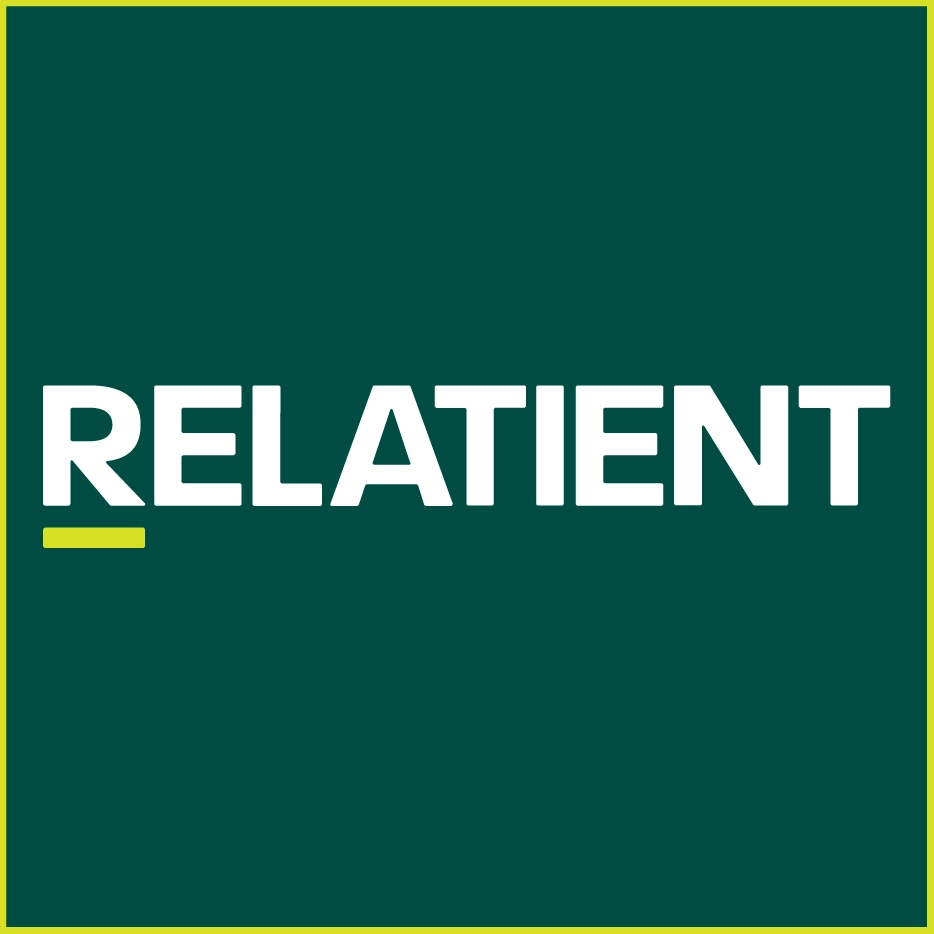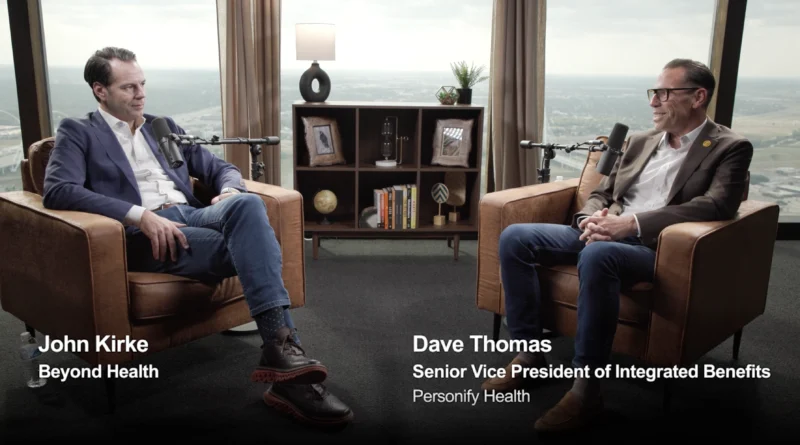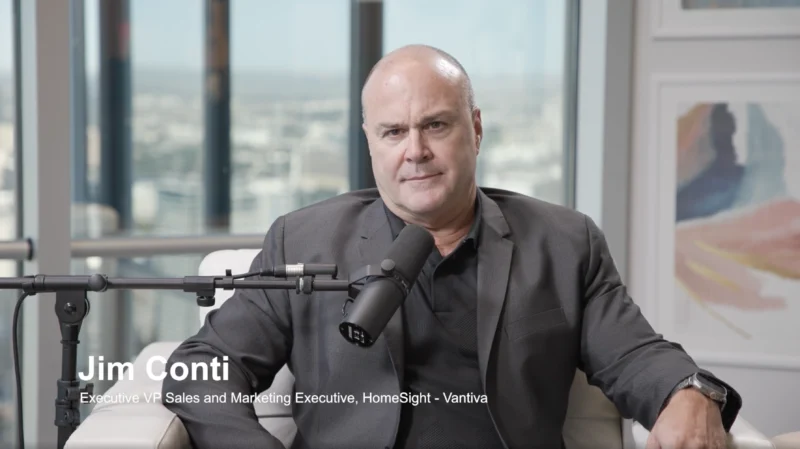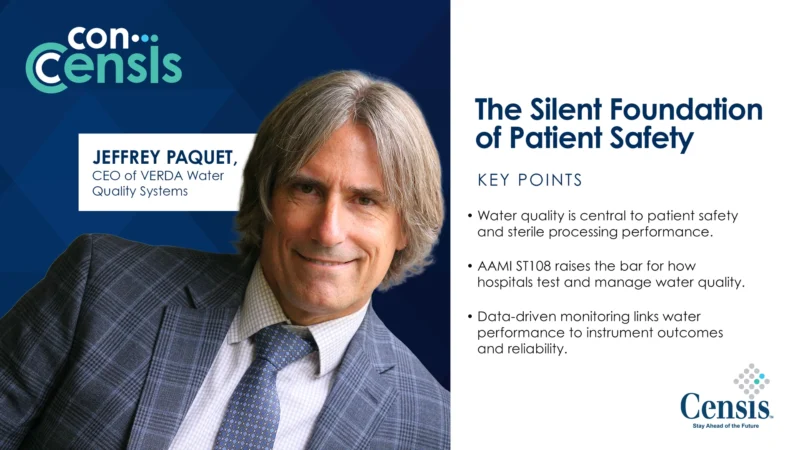From Volume to Value: 5 Considerations for Providers To Tackle Healthcare Challenges in 2023
On the Dash Talk podcast, host Gabrielle Bejarano spoke with Jeff Gartland, the CEO at Relatient, on the major healthcare challenges providers are experiencing in 2022 and possible solutions they can implement in the new year.
Gartland identified five major challenges experienced by healthcare providers in 2022. They include:
1. Staffing and labor shortages continue to impact operations
2. Financial squeeze between low reimbursements and rising cost pressures
3. More desire to consolidate vendors over time
4. Inbound communication will be as critical as outbound communication
5. Focus on optimizing consumer experience in scheduling without jeopardizing back-end nuances
As seen in many other industries, staffing is a major challenge that must be addressed. One solution to combat administrative burnout is to identify digital tools that can streamline processes. According to Gartland, “healthcare providers can leverage the Dash platform to help staff manage complex workflows.”
Healthcare providers may face difficulties due to rising costs and the ability to make proper investments. A possible solution focuses on lead generation and conversion strategies. Outbound and recall campaigns help to maintain contact with old patients and attract new patients. In addition, improving customer engagement can promote a positive customer experience.
Another issue that must be addressed is understanding how vendor consolidation works. The digital space has created lots of opportunities to meet with various vendors. However, healthcare providers must focus on vendor consolidation instead of various vendor relationships. “Before the pandemic, the focus was on volume, such as the number of messages sent or appointments booked. However, after the pandemic, the focus has shifted to value-added,” explained Gartland. Value discussions are more impactful when you start to think of a consolidated partnership rather than a set of various vendors who do not share your goal of quality.
Another part of these healthcare challenges is delivering a positive consumer experience without jeopardizing any backend processes. While it is important for patients to be happy and content, the satisfaction of the staff must not be sacrificed to make it happen. Individuals are rating providers not just on their ability to provide good clinical outcomes, but on how the experience was holistically from pre- to post-appointment. Therefore, leveraging tools like the Dash platform to promote a positive consumer experience while allowing a great provider/staff experience is crucial.
Finally, effective communication is a two-way street. “There is nothing as strong and impactful in the healthcare world as the singular relationship between a provider and a patient,” said Gartland. The Relatient-MGMA survey reveals that there are many digital tools that providers can use to communicate with consumers/patients but not many tools for patients to talk back to providers. Consequently, it is necessary to identify appropriate methods to optimize communication, as it creates a trust-based relationship between the provider and the consumer.




